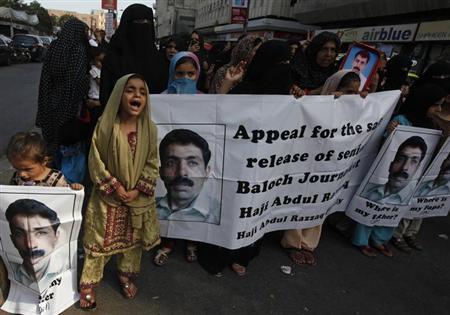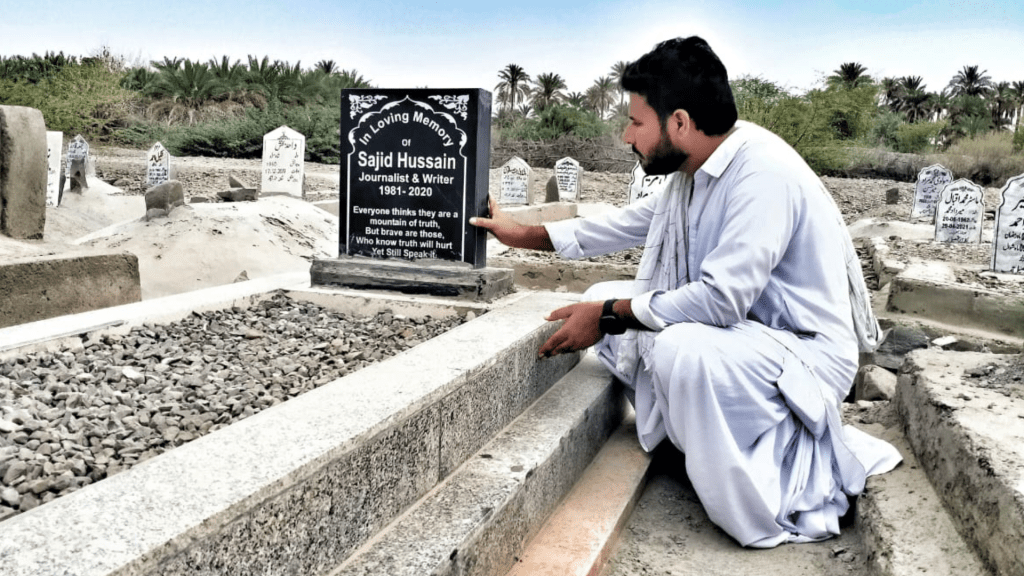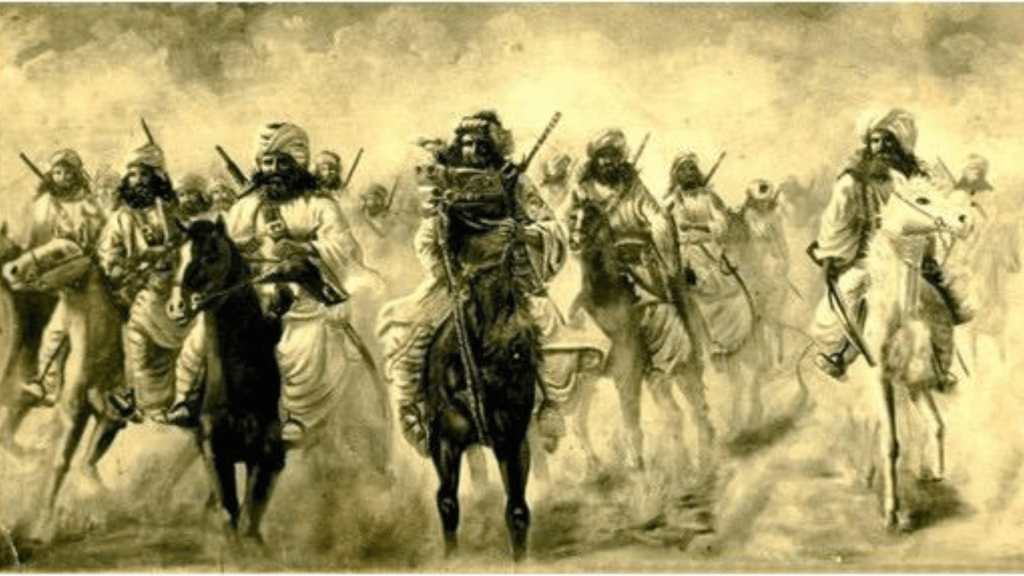Twenty years old and hoping to become a writer, I was eager to meet anyone who was somehow associated with literature. So I met a guy. In 2002.
A mutual literary friend took me to this man’s small apartment in Lyari where he lived with a very large family. He had translated an Urdu book, Insan bara kaise bana, The Evolution of the Mankind, into Balochi, and I was impressed.
But before we discussed literature, my friend and that guy switched off the fan and began preparing a charas cigarette. Then they closed the tiny room’s only window — so that the smell does not travel to other rooms — and lit the joint.
After smoking a couple of cigarettes, the man took out a huge manuscript of his translated work to read from it. He hadn’t finished reading the first para when I began laughing hysterically. The problem was I couldn’t stop myself and my intestines were about to jump out of my mouth. What was wrong with me? I thought.
Balochi, being a new language in the written form, is not compatible with the anthropological jargon of the book our new friend had translated. So, he invented his own Balochi words. Funny words. Still, I shouldn’t had been laughing at his face. After all, I liked to consider myself a well-mannered young man.
Soon, I realized I had been inhaling the charas smoke billowing around the room which was making me giggle and laugh however I tried not to.
The guy never published his manuscript after that incident. But we became sort of friends.
Twelve years later, in 2014, I was working on a Reuters special report about Baloch missing persons with a British journalist. The report contained profiles of three missing persons. One of them was that guy — Haji Abdul Razzak Sarbazi.
By then he was working as a proofreader with a local Urdu daily. One night, he went to work and didn’t return home. He had been taken away by the security agencies. Apart from being a proofreader, he was also a member of the Baloch National Movement (BNM), a Baloch nationalist party whose workers are still being chased by the military and intelligence personnel.
On August 21, when we had already filed the special report to our editors, we heard Razzak’s body had been found in sewerage wastes in Karachi’s Surjani Town.
My colleague called me to confirm the rumour as we had to modify the story before it was published. I called Razzak’s sister.
“Yes, my relatives are at the hospital and they say it’s him,” she told me, crying. “I’m on my way to hospital to see the body myself,” she dropped the line.
I thought it’s confirmed he’s dead. So, I told my colleague to modify the story.
A couple hours later, she rang me. A single ring. I called her back. “It’s not my brother,” she was still crying, but in a different way.
“Are you sure,” I asked. I didn’t want to send my bosses in London another unconfirmed report.
“Yes,” she said.
“How,” I knew it was not the time to ask such questions, but my reputation as a responsible journalist was at stake.
“This body’s skull is big. I mean my brother’s skull is big too but a little smaller than this dead man’s,” she said confidently.
I knew this was not enough to prove the dead man’s identity, as a man’s face tends to swell after he dies. And the body was old, found days after it had been dumped in Surjani Town.
“So why your relatives thought it was your brother’s body?” I had to ask, because there was no way I was going to send another unconfirmed report. She was cheerful after assuming her brother is still alive, so she didn’t seem to be minding my grilling questions.
“Because there was a note in his shirt’s pocket which read Haji Abdul Razzak. So they got confused. There is another Haji Abdul Razzak Marri, who is also missing. The body might be his.”
How many Haji Abdul Razzaks are missing? I thought.
The face had been mutilated beyond recognition and there was no other way to confirm the body’s identity except for believing what Razzak’s family members said.
I apologized to my British colleague, saying that my previous information had been wrong and that the family is now convinced the body is not of their Haji Abdul Razzak. He responded politely that we should let the story go as it is.
When I thought I’m done with this dilemma, I received a text message from Razzak’s sister asking me to call her.
“It’s him,” she was crying again.
Is she playing some sort of trick on me? What my editors would think of my journalistic skills?
“Hadn’t you said the body’s skull is bigger than your brother’s?” I asked in frustration.
“Yes, but his wife checked the pieces of clothes still left on his body. They are the same he was wearing on the day he was picked up.”
I waited for a few hours till they claimed the body and buried it with proper rites.
And we modified our story.
But I still believe that Razzak’s sister and other family members must have their moments of suspicion about whether the body they had buried was really that of Haji Abdul Razzak Sarbazi or Haji Abdul Razzak Marri.
The military people are kind enough to leave a note, bearing the name of the victim, on the bodies they dump. It makes it easy for the relatives to identify their loved ones and stop searching for them.
Such kindness worked for many years. But now when more than one person of the same name are missing, our kind soldiers should also leave a photo of the victim along with the note.
Published: May 13, 2016
Republished: March 02, 2022
Sajid Hussain (1981-2020) was a writer and senior journalist from Balochistan. He had a degree in Economics, International Relations and English Literature from Karachi University. He had the experience of working with Pakistani newspapers Daily Times and The News International. Sajid Hussain was also the founding editor of this online magazine.



